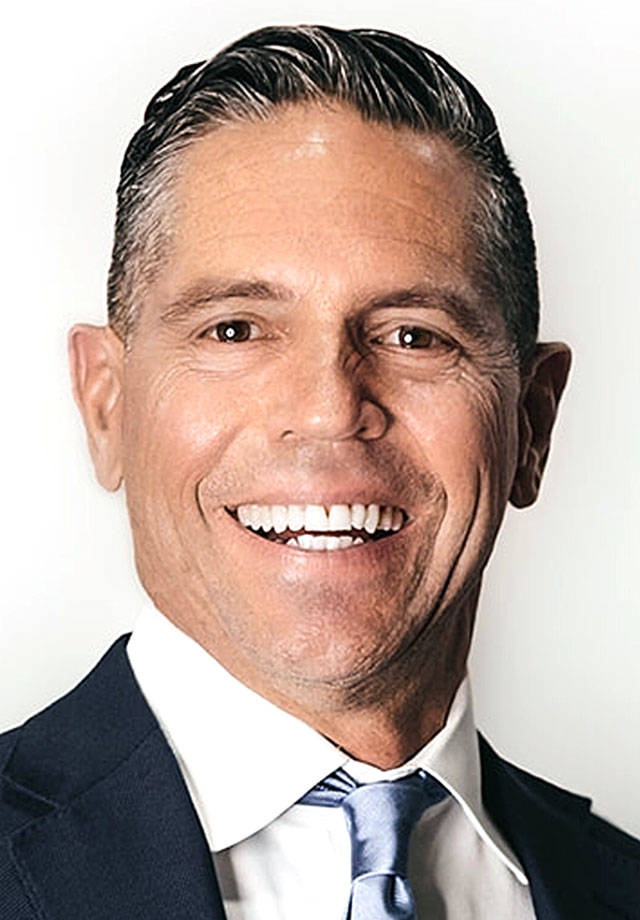Since April, three of the nation’s top 30 most expensive construction site fires were in the Puget Sound area, two of which were in Seattle. One was confirmed as arson and the other two are still under investigation, but arson is suspected. No other U.S. city has had more than one.
Seattle’s experiment with the so-called Capitol Hill Occupied Protest (CHOP) has led to a class-action lawsuit alleging that when the city surrendered a multiple-block area to protesters, it effectively denied businesses, residents and patrons public access to their private properties. The plaintiffs are seeking damages. The first couple of legal decisions have gone their way, so this might prove to be a very expensive hit to taxpayers. The summer’s events also have fed insurers’ concerns about risk in certain Seattle neighborhoods where unrest and vandalism have persisted.
If it continues, there is a real risk that insurers might make their policies too expensive for businesses and real estate owners in hard-hit neighborhoods. An insidious decline begins when enterprises start to pull out. The downward spiral can be very hard to reverse as storefronts remain vacant and crime settles in.
Neighboring communities are watching closely, including those in Snohomish County. It’s a contrast of approaches in many ways. While the Seattle City Council was voting to defund their police, Everett Mayor Cassie Franklin was lobbying her city council to add officers to the police force through a federal grant. After an initial no vote, Everett’s council changed course and the grant was approved.
The Seattle situation was entirely avoidable, and groups at the neighborhood level are waking up and taking action.
Solutions can include forming volunteer watch groups, sharing with neighbors the expense for private security, creating new business associations and forming new taxing authorities or business improvement districts to counter police budget cuts.
The Downtown Seattle Association is a good example of a group taking quick action in the face of these new realities. The organization is becoming politically active and forthright about the issues constituents are facing. Partnering with the tourism and convention industry — they face a major brand problem about the safety of the city — is one of the many strategies.
Neighborhoods or cities without an apparatus already in place may need to form one soon or risk losing out.
Canaries are uniquely susceptible to carbon monoxide gas, so miners brought them into the mines and watched them for early signs of trouble. If a canary died, miners knew the air was getting bad and they were next.
Insurers in Seattle are the canary. The bird is still alive, but it’s listless and lethargic. Neighborhoods that recognize the problem early have some time to course-correct.
Occasional contributor Tom Hoban is chairman and co-founder of Hoban Family Office, a real estate investment and services enterprise in Everett.
Talk to us
> Give us your news tips.
> Send us a letter to the editor.
> More Herald contact information.

























